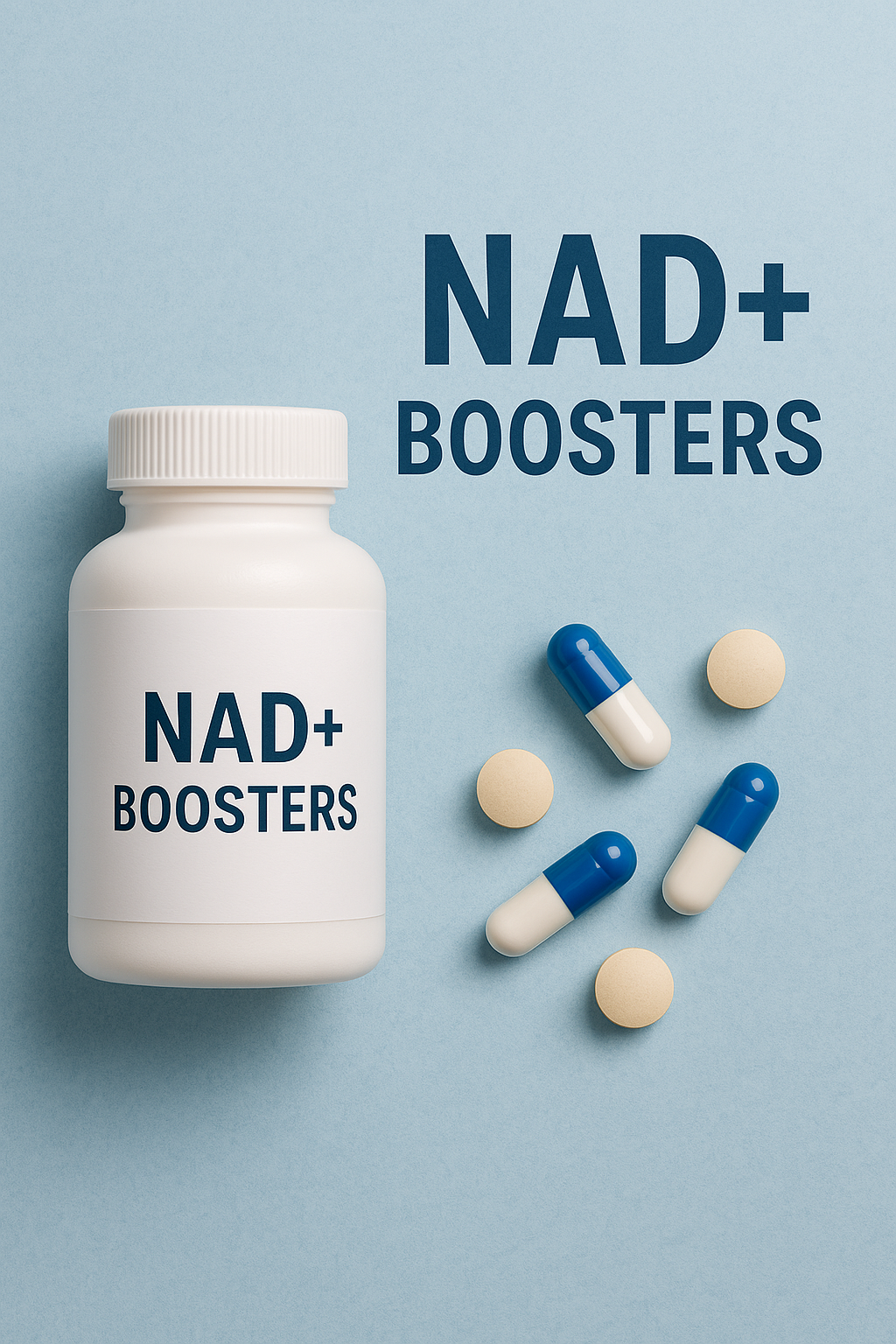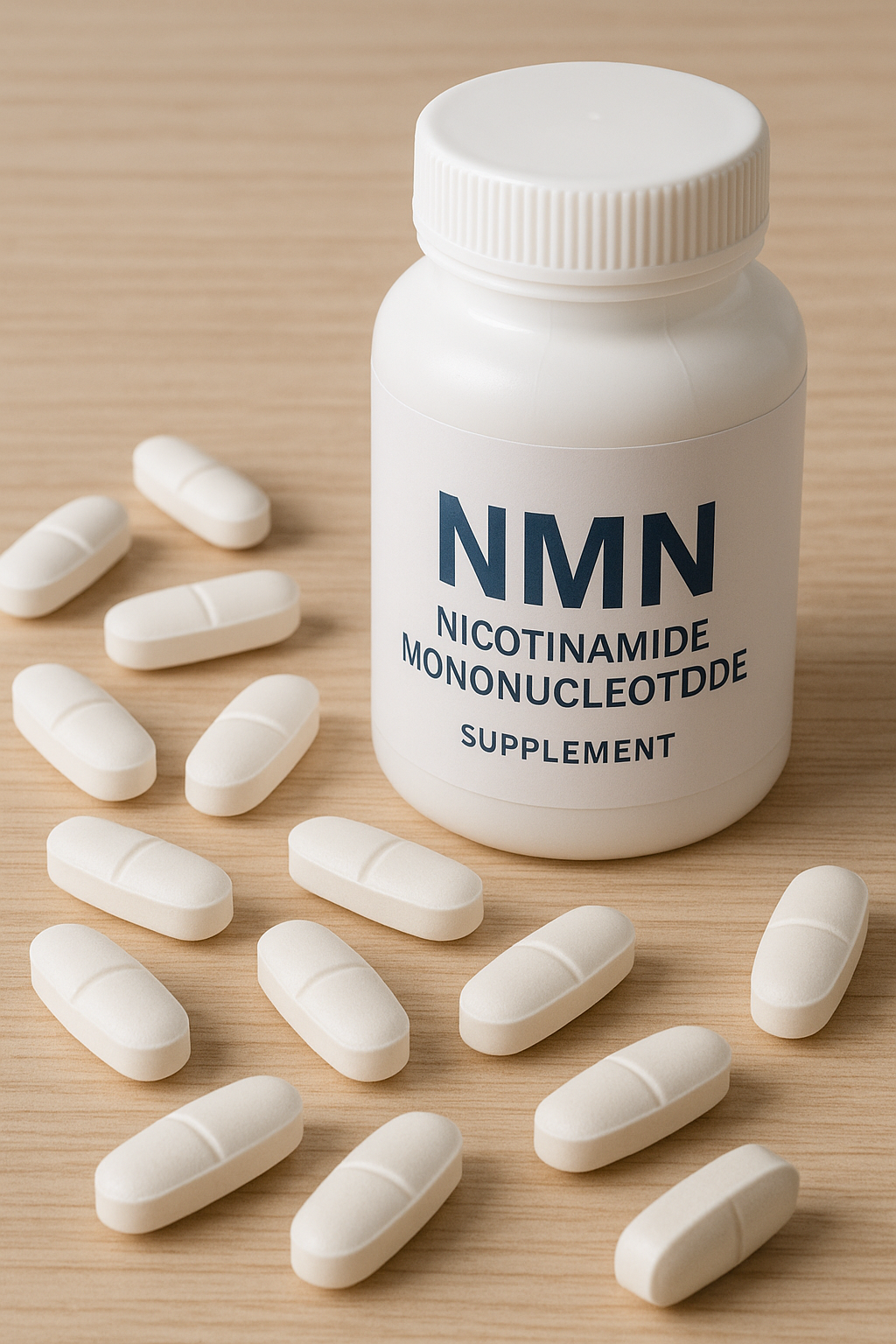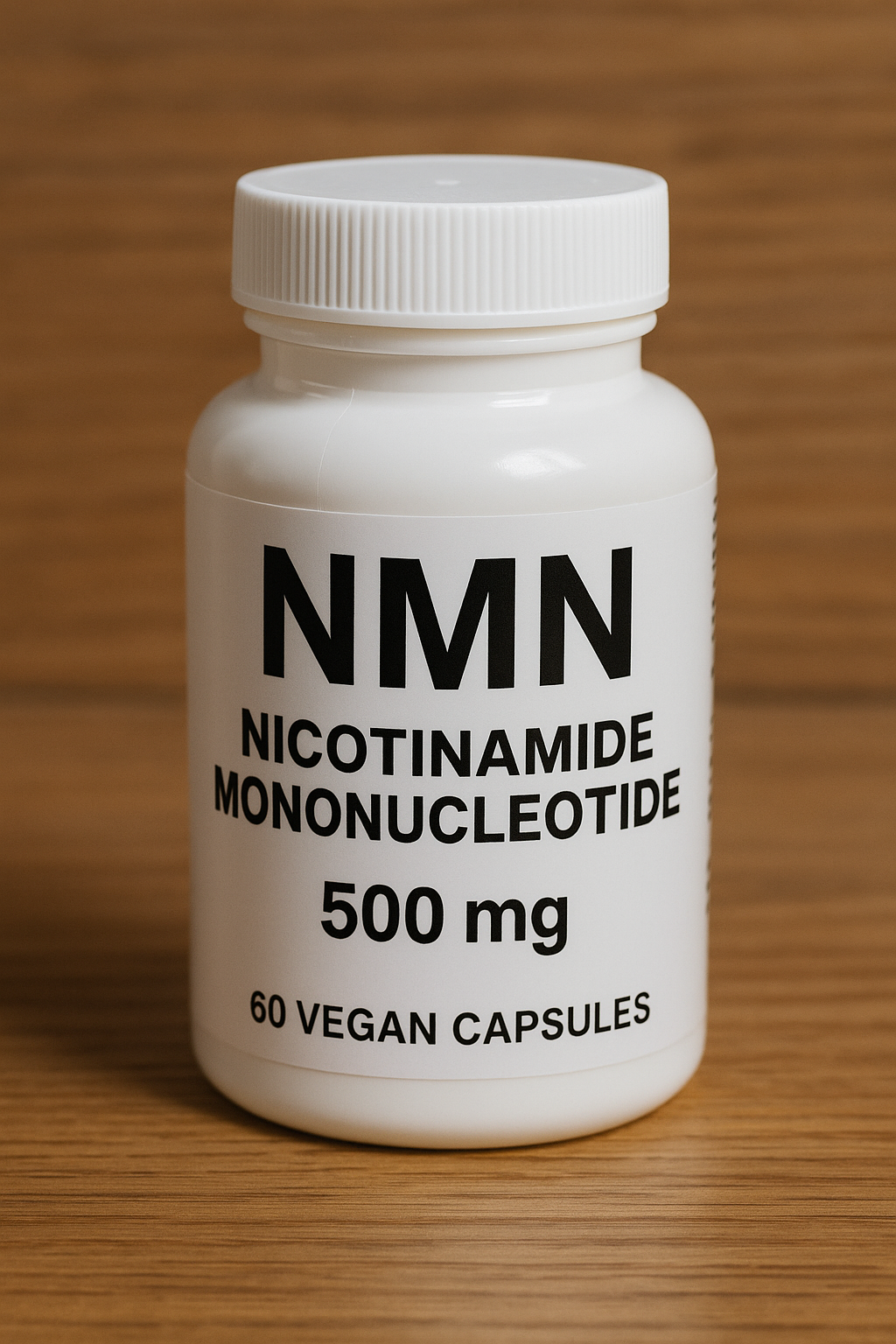In the quest for long-term wellness, the brain is often overlooked. Yet, maintaining memory and clear cognition is central to a vibrant life. From remembering names to making quick decisions, our brains guide us every day.
As we age, keeping our minds sharp becomes more challenging. Enter Nicotinamide Mononucleotide (NMN)—a naturally occurring compound gaining attention for its potential to support brain health. NMN works by boosting NAD+, a vital molecule for cellular energy. This process may help enhance mental clarity, memory retention, and overall cognitive function.
Recently, NMN has sparked interest in the wellness community. But can a supplement truly protect your brain and improve performance? In this article, we’ll explore how NMN works, who may benefit most, and what science says about its role in supporting brain health.
Highlights
- NMN Supports Cognitive Function: NMN helps raise NAD+ levels, which may enhance memory, focus, and overall mental clarity.
- Protects Brain Cells: Research suggests NMN reduces oxidative stress and inflammation, offering neuroprotective benefits as we age.
- Works Best with Healthy Habits: Its gradual effects are most effective when paired with regular exercise, balanced nutrition, good sleep, and stress management.
Table of Contents
What Is NMN and Why Does It Matter?
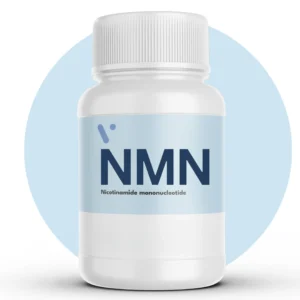 NMN is a precursor to NAD+, which plays a crucial role in various cellular processes, including energy metabolism and DNA repair. As we age, NAD+ levels decline, leading to reduced cellular function and increased susceptibility to age-related diseases. Supplementing with NMN can elevate NAD+ levels, potentially reversing some of these effects and supporting overall brain health.
NMN is a precursor to NAD+, which plays a crucial role in various cellular processes, including energy metabolism and DNA repair. As we age, NAD+ levels decline, leading to reduced cellular function and increased susceptibility to age-related diseases. Supplementing with NMN can elevate NAD+ levels, potentially reversing some of these effects and supporting overall brain health.
Scientific Insights: NMN’s Impact on the Brain
Research indicates that NMN supplementation can positively influence brain function:
- Enhanced Blood Flow – Studies have shown that NMN improves neurovascular coupling, leading to better blood flow to the brain and improved cognitive function in aging mice.
- Neuroprotection – NMN has been found to reduce neuroinflammation and oxidative stress, factors that contribute to cognitive decline.
- Memory Improvement – In animal models, NMN supplementation has been associated with improved learning and memory, suggesting its potential as a cognitive enhancer.
How NMN Supports Your Brain Every Day
NMN can help your brain function more efficiently on a daily basis. Here’s how it may support you:
| NMN Brain Benefit | Daily Impact |
| Better focus & mental clarity | Gives your neurons energy, helping you think clearly and stay attentive throughout tasks. |
| Memory support | Supports DNA repair and synaptic function, making it easier to remember names, tasks, and information. |
| Neuroprotection | Helps reduce oxidative stress, protecting your brain cells from daily wear and tear. |
| Steady mental energy | Keeps your mind alert and prevents fatigue, even during long workdays or study sessions. |
Many users notice subtle but consistent improvements over time. This includes sharper focus in the morning, smoother problem-solving during the day, and better recall of details.
Think of NMN as daily support for your neurons. It doesn’t provide instant boosts, but by helping your brain maintain energy, protect cells, and communicate efficiently, it can make everyday thinking, memory, and mental endurance easier. Paired with good sleep, proper nutrition, and regular movement, NMN may help you feel more mentally balanced and alert each day.
Natural Sources of NMN
 While NMN supplements are available, certain foods contain compounds that can boost NAD+ levels:
While NMN supplements are available, certain foods contain compounds that can boost NAD+ levels:
- Edamame: A rich source of NMN.
- Broccoli: Contains compounds that support NAD+ production.
- Cabbage: Offers nutrients beneficial for NAD+ synthesis.
Incorporating these foods into your diet may complement NMN supplementation and support brain health. Adding them regularly to meals not only provides NMN precursors but also delivers fiber, vitamins, and antioxidants essential for overall wellness. Steaming or lightly sautéing these vegetables helps preserve their beneficial compounds. Combined with a balanced lifestyle, these natural sources can enhance the body’s ability to maintain healthy NAD+ levels over time.
NMN Supplementation: What You Need to Know
If considering NMN supplements, here’s what to keep in mind:
- Dosage: Clinical studies have used doses ranging from 250 to 1,200 mg per day. However, optimal dosing can vary based on individual health conditions and goals.
- Form: NMN supplements are available in various forms, including capsules, powders, and sublingual tablets. Choose a form that fits your lifestyle and preferences.
- Safety: NMN is generally considered safe with few reported side effects. However, it’s essential to consult with a healthcare provider before starting any new supplement regimen.
4 Considerations and Limitations to Keep In Mind
While NMN shows promise, it’s important to approach supplementation with realistic expectations:
- Individual Responses: The effects of NMN can vary among individuals. Factors such as age, health status, and lifestyle can influence outcomes.
- Long-Term Effects: The long-term impact of NMN supplementation is not yet fully understood. Ongoing research is necessary to determine its long-term safety and benefits.
- Preclinical studies in lab models show that NMN supports neuron function, synaptic plasticity, and memory preservation in aging brains. These studies suggest that NAD+ restoration may protect against age-related cognitive decline.
- Early human trials indicate that NMN can safely boost NAD+ levels. Some studies suggest improvements in energy metabolism, which may indirectly enhance cognitive performance and mental clarity.
It’s important to note: NMN is supportive, not a guaranteed “memory enhancer.” Its benefits are gradual and most noticeable when combined with healthy habits.
What You Need to Know When Choosing a NMN Supplement
When choosing a supplement:
- Opt for high-quality, third-party tested products.
- Consult a healthcare professional if pregnant, breastfeeding, or managing medical conditions.
With careful selection, NMN can be a safe addition to your brain-health toolkit.
Who Might Benefit the Most from NMN?
 1. Adults Over 40: Protecting Aging Brains
1. Adults Over 40: Protecting Aging Brains
As NAD+ levels drop with age, memory, focus, and mental speed can decline. NMN may help restore NAD+, supporting sharper thinking and improved cognitive endurance. For many over 40, this can mean a noticeable boost in mental clarity and resilience.
2. Younger Adults Under High Cognitive Stress
Even in your 20s and 30s, stress can take a toll on your brain. High-pressure jobs, intense studying, chronic sleep deprivation, and long hours can deplete NAD+. For these individuals, NMN may help sustain focus and reduce mental fatigue, keeping energy levels consistent throughout the day.
3. People Concerned About Neurodegeneration
A family history of cognitive decline or early signs of memory issues can be worrisome. NMN may play a supportive role by protecting neurons, enhancing DNA repair, and promoting overall brain resilience. While it’s not a cure, it offers potential long-term benefits for brain longevity.
4. Active Adults Focused on Mental Performance
Professionals and athletes alike need peak mental clarity. NMN supports faster recovery from mental fatigue and may help maintain cognitive endurance during demanding activities.
Lifestyle Factors That Complement NMN
In addition to NMN supplementation, certain lifestyle habits can further support brain health:
- Regular Exercise: Physical activity increases blood flow to the brain and promotes the growth of new neurons.
- Balanced Diet: A diet rich in antioxidants, healthy fats, and essential nutrients supports brain function.
- Adequate Sleep: Quality sleep is crucial for memory consolidation and cognitive performance.
- Stress Management: Chronic stress can impair brain function; practices like meditation and mindfulness can help manage stress levels.
Final Thoughts: A Holistic Approach to Brain Health
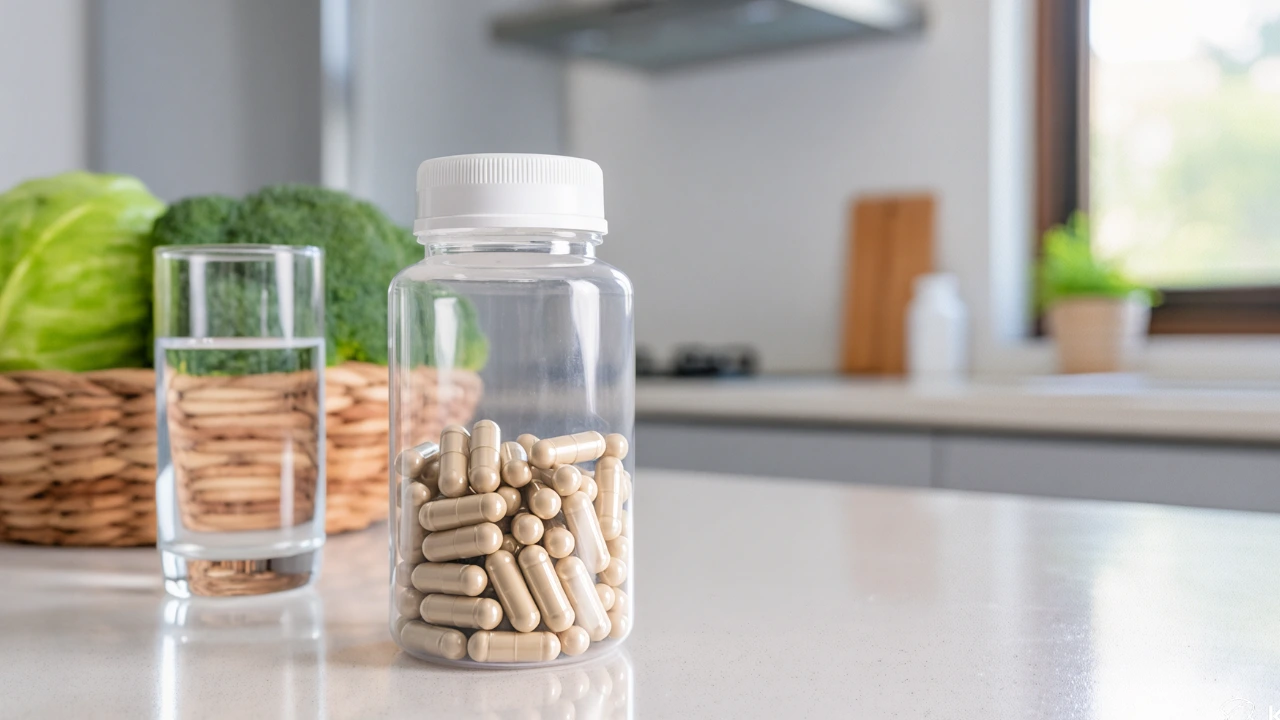 NMN supplementation may offer a promising avenue for supporting cognitive function and memory. However, it’s most effective when combined with a healthy lifestyle that includes regular exercise, a balanced diet, adequate sleep, and stress management. Always consult with a healthcare provider before starting any new supplement to ensure it’s appropriate for your individual health needs.
NMN supplementation may offer a promising avenue for supporting cognitive function and memory. However, it’s most effective when combined with a healthy lifestyle that includes regular exercise, a balanced diet, adequate sleep, and stress management. Always consult with a healthcare provider before starting any new supplement to ensure it’s appropriate for your individual health needs.
Remember, taking proactive steps today can pave the way for a sharper, healthier mind tomorrow.
Frequently Asked Questions (FAQ) about NMN and Brain Health
What is NMN?
A natural compound that boosts NAD+ to support brain energy and function.
How does NMN help the brain?
It may improve blood flow, protect neurons, and support memory and focus.
Can NMN prevent cognitive decline?
It may help protect neurons, but it is not a cure.
Who benefits most from NMN?
Adults over 40, stressed young adults, those at risk of neurodegeneration, and active professionals.
How should NMN be taken?
250–1,200 mg daily; available as capsules, powders, or sublingual tablets.
Is NMN safe?
Generally safe; consult a doctor if pregnant, breastfeeding, or with health conditions.
Will it work instantly?
No because effects are gradual, improving focus and memory over time.
What boosts NMN’s effectiveness?
Exercise, good diet, quality sleep, and stress management. A reminder that it’s a supplement, not a substitute for healthy habits.
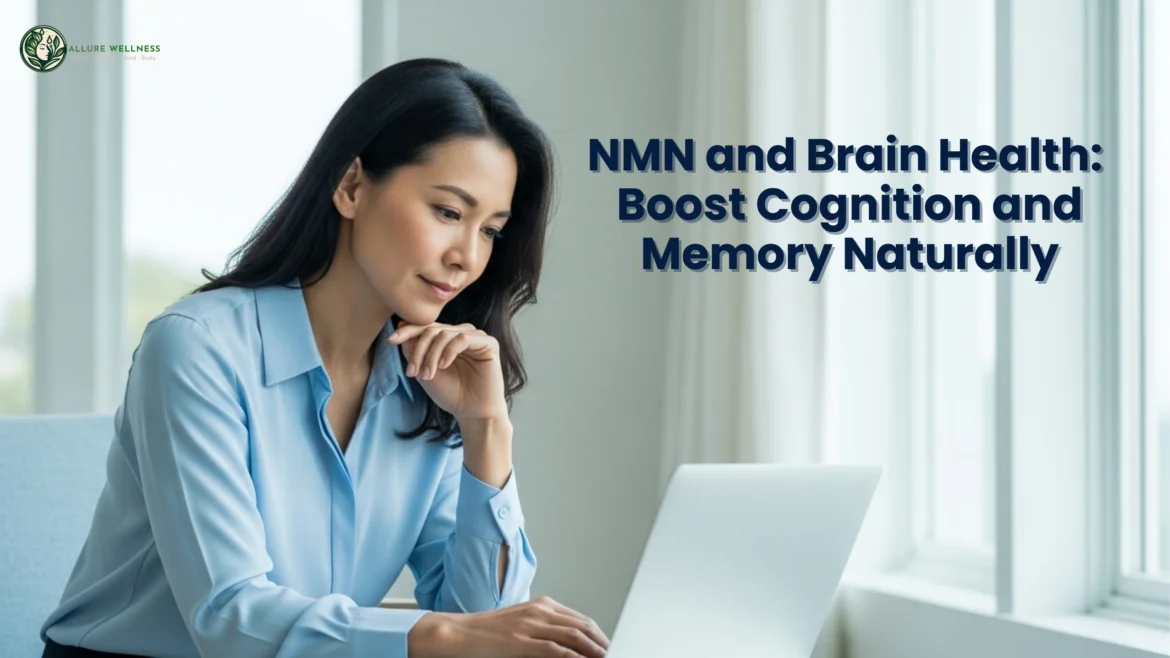
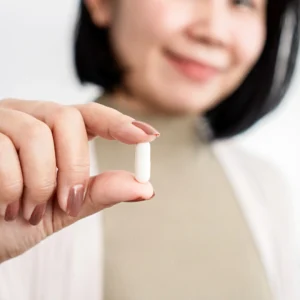 1. Adults Over 40: Protecting Aging Brains
1. Adults Over 40: Protecting Aging Brains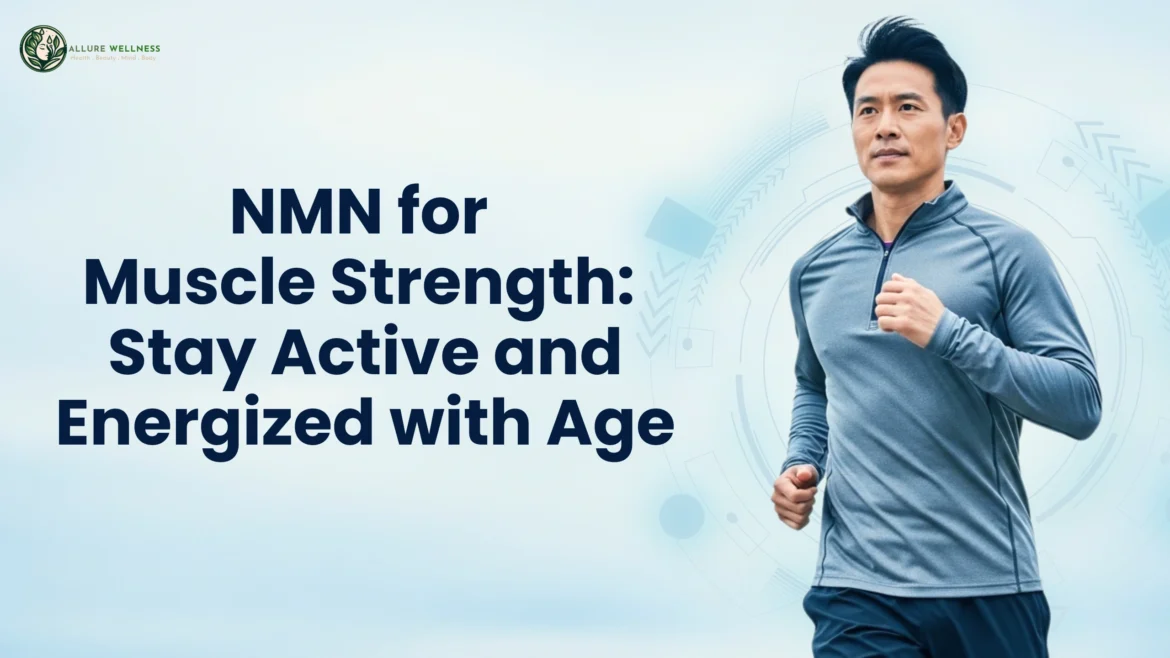
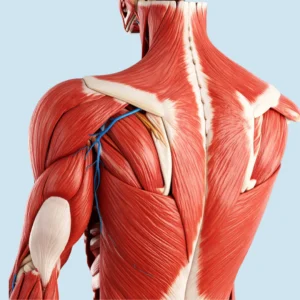 1. Improved Cellular Energy Production
1. Improved Cellular Energy Production
 Growing older doesn’t mean slowing down. With smart habits—like regular exercise, balanced nutrition, and good rest—you can stay strong and energized well into later years.
Growing older doesn’t mean slowing down. With smart habits—like regular exercise, balanced nutrition, and good rest—you can stay strong and energized well into later years. 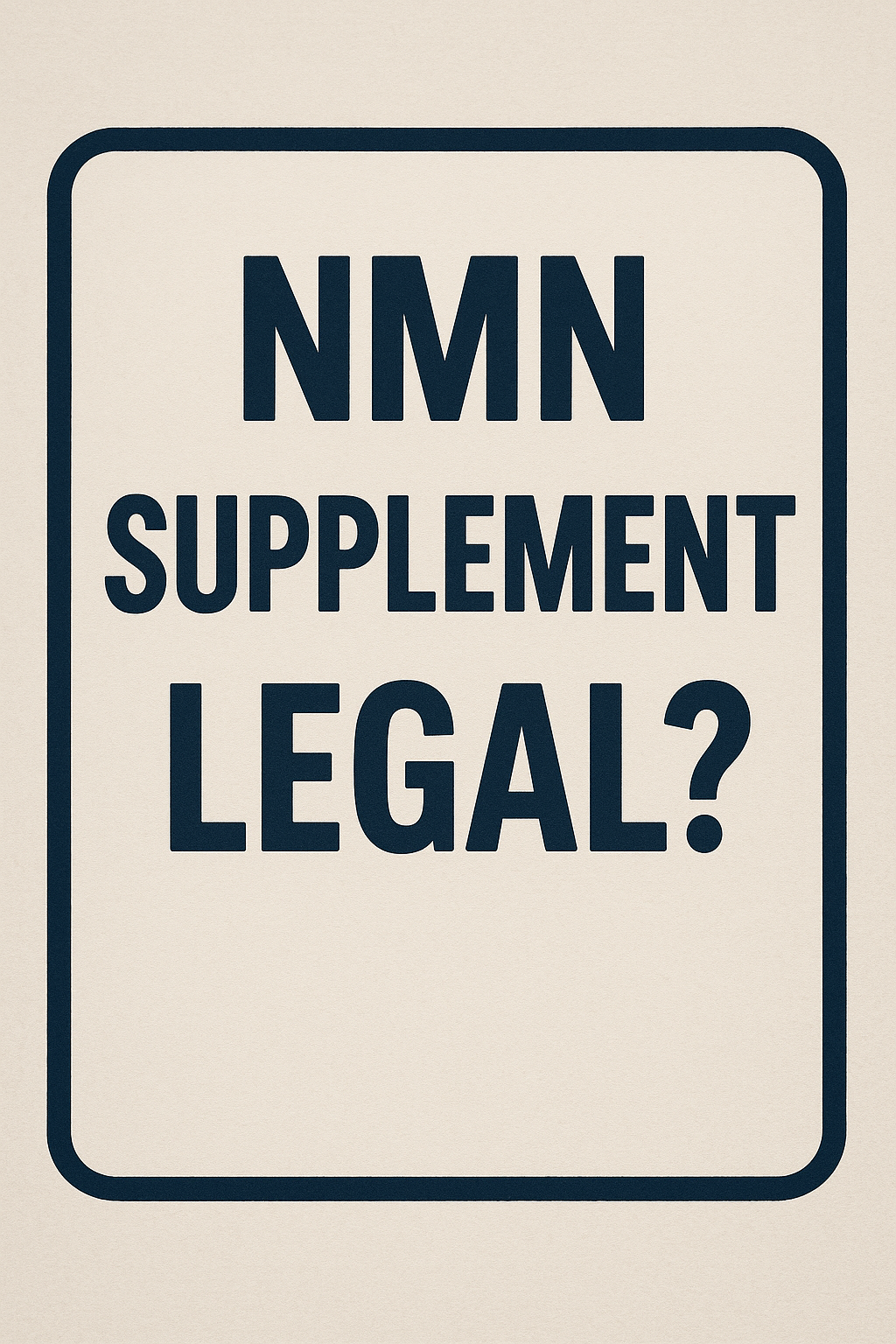
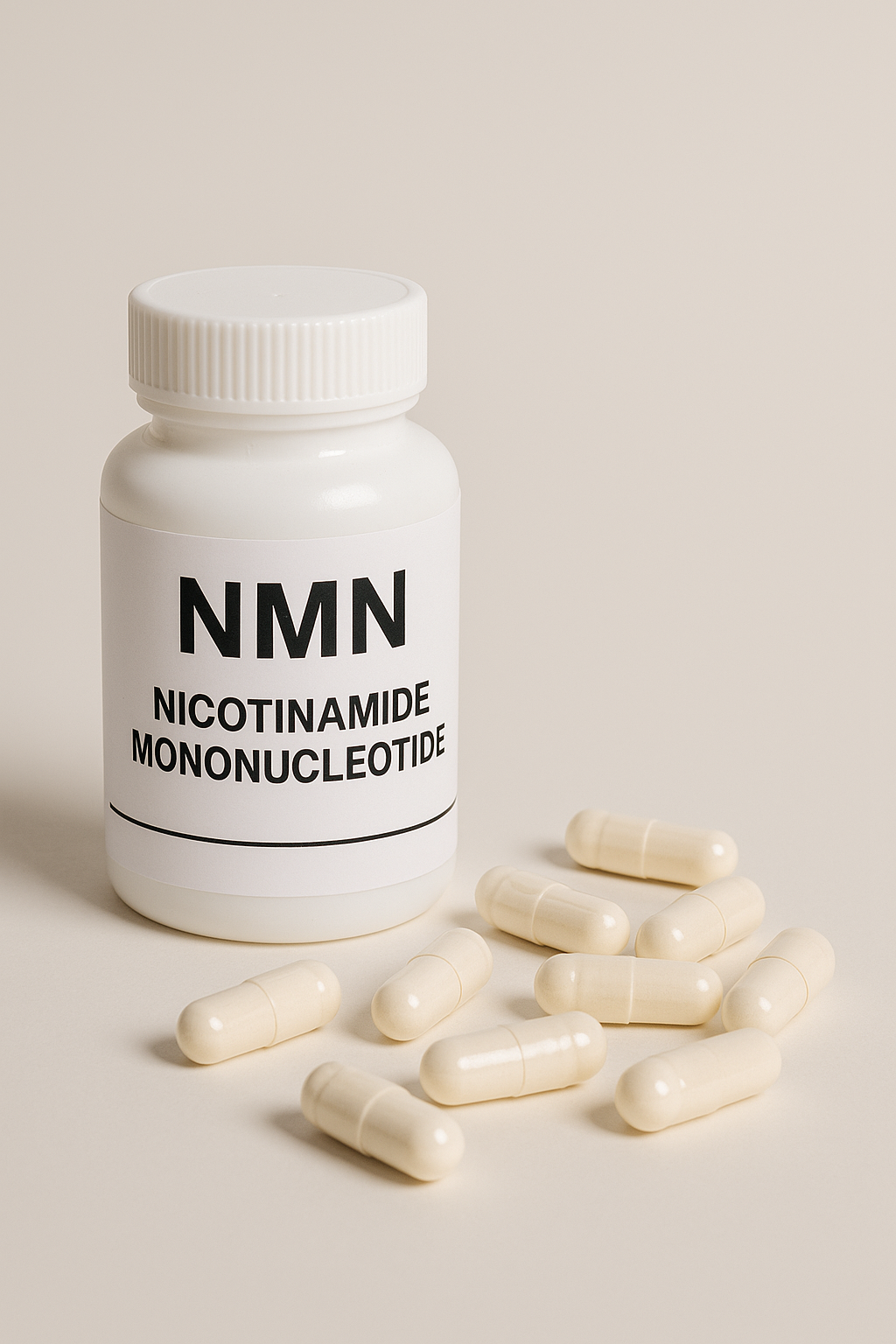
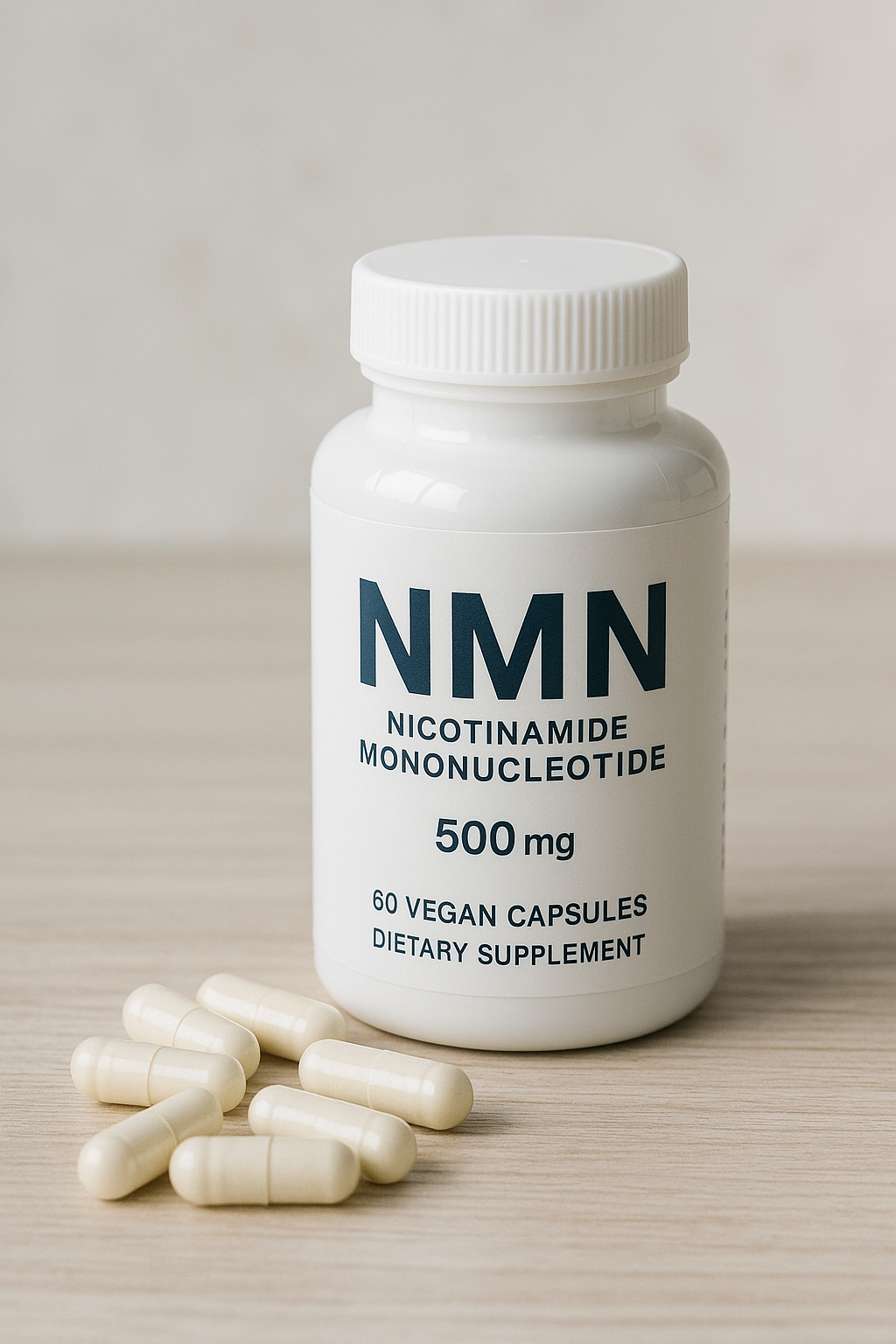

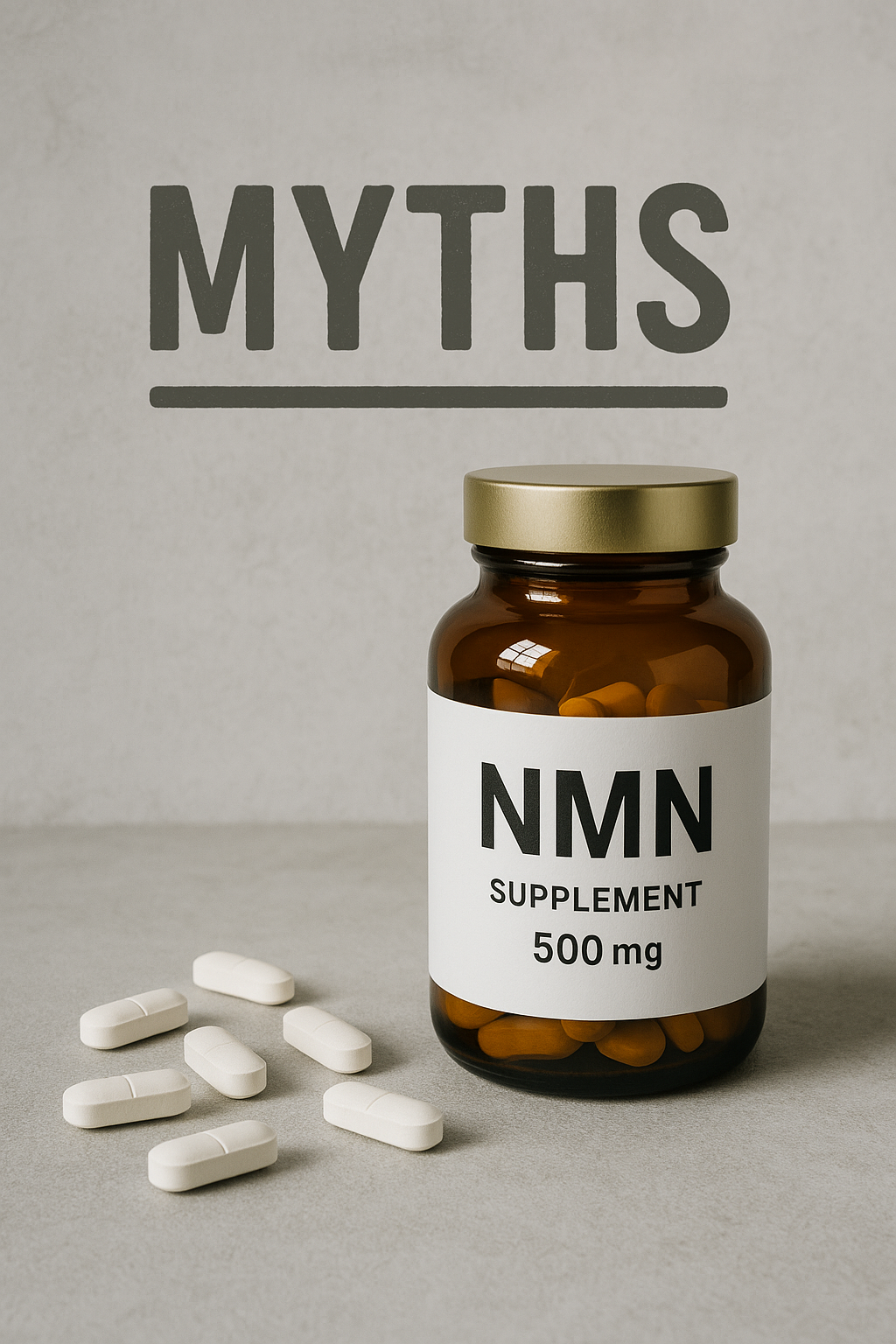
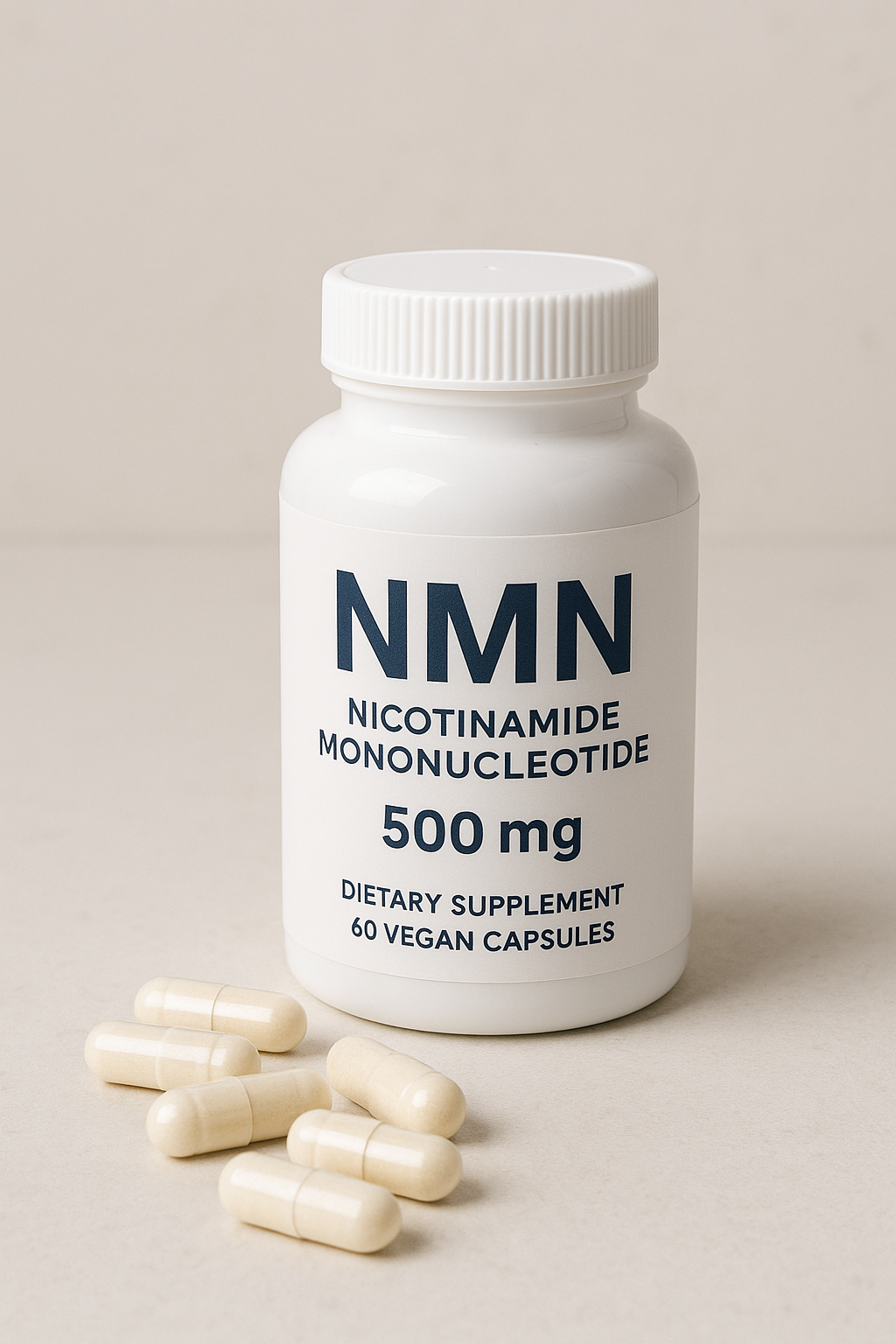

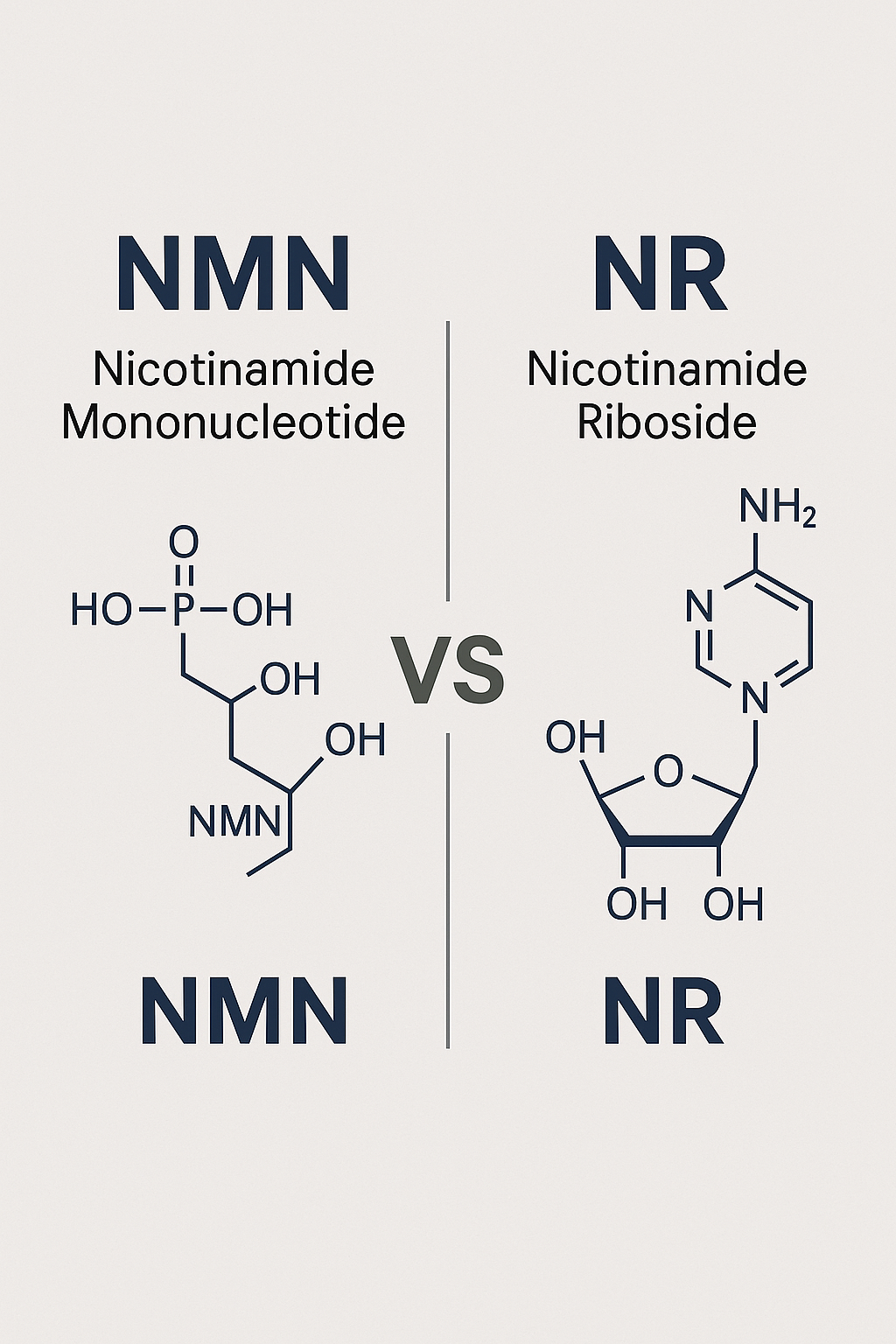
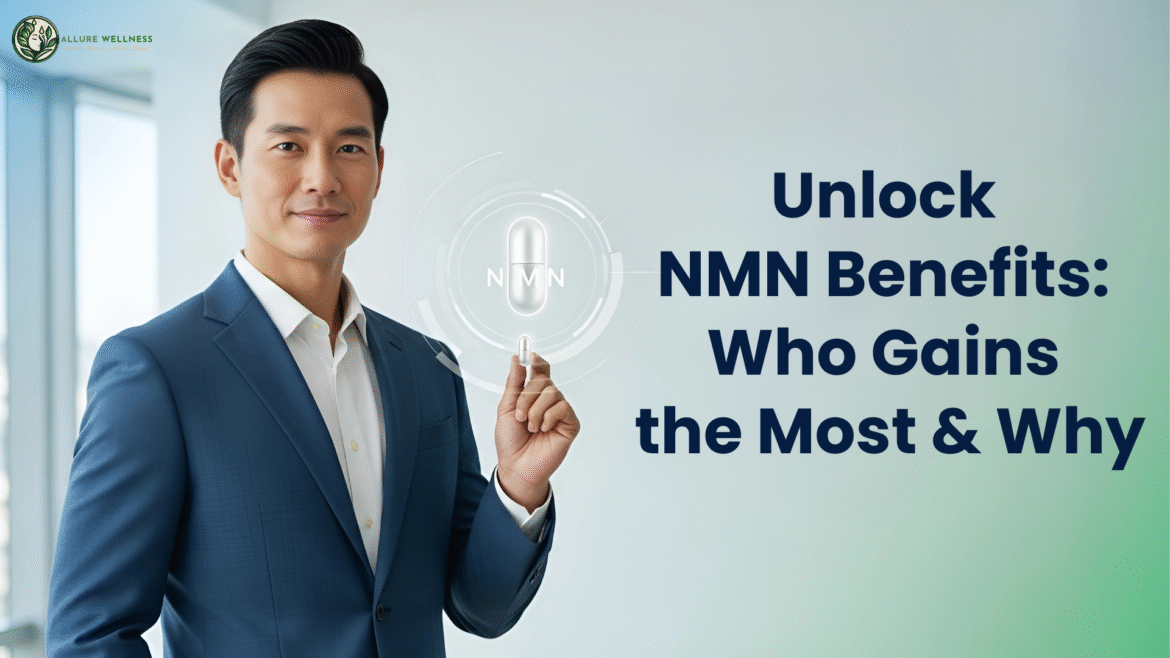
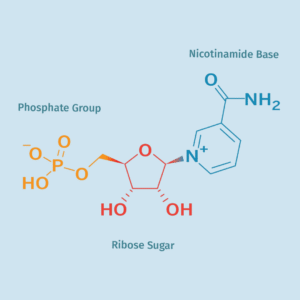


 So, who can benefit most from
So, who can benefit most from 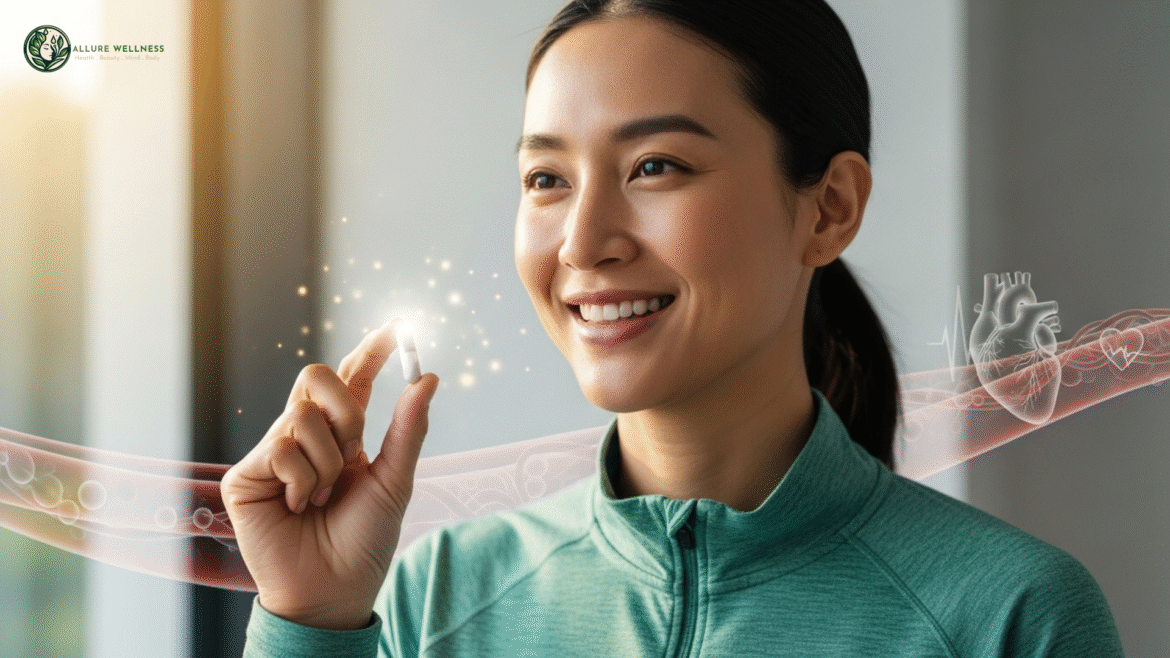
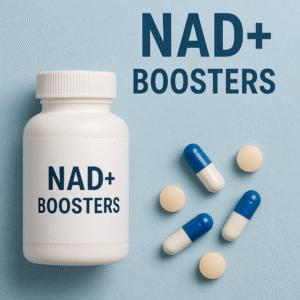 Think of
Think of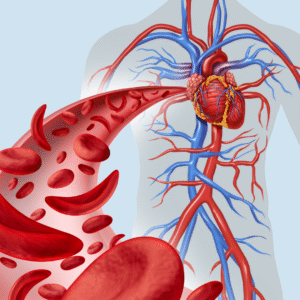 Research is still unfolding, but early evidence suggests that
Research is still unfolding, but early evidence suggests that 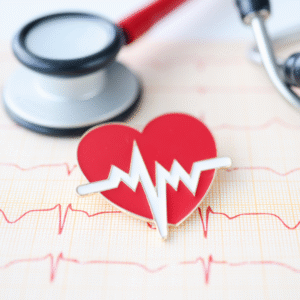 Your heart is a tireless engine, beating about 100,000 times a day. To keep up this effort, heart muscle cells rely on
Your heart is a tireless engine, beating about 100,000 times a day. To keep up this effort, heart muscle cells rely on 
